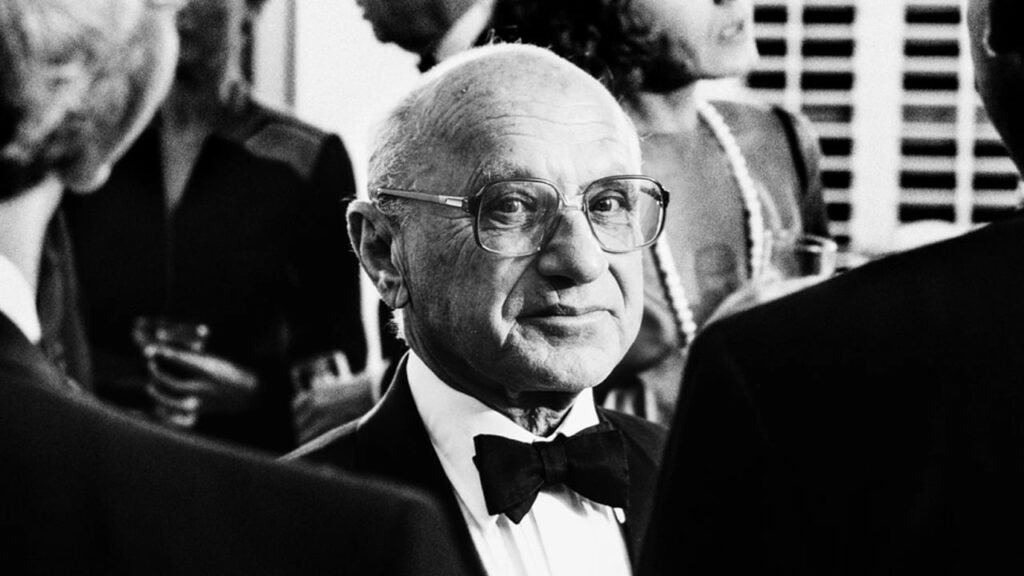Inflation is a concept that is often misunderstood as a natural economic phenomenon, but in reality, it is a consequence of government actions. Renowned economist Milton Friedman famously argued that inflation is only created by the government and that misguided policies, such as price controls, can exacerbate the issue. In his view, inflation is a result of excessive money creation by the government, which leads to a decrease in the value of currency. This belief challenges the common perception that inflation is caused by market forces or external factors beyond government control.
Friedman’s assertion that inflation is a government-created problem is based on the idea that central banks have the authority to regulate the money supply and influence the overall price level in the economy. When governments print money excessively or manipulate interest rates to stimulate economic growth, it can lead to inflationary pressures. This can have serious consequences for consumers, as the purchasing power of their money decreases, leading to higher prices for goods and services. Inflation can also erode savings and investments, making it difficult for individuals to plan for the future.
One of the key arguments made by Friedman is that price controls, which are often implemented by governments to combat inflation, are counterproductive and only exacerbate the problem. By restricting the ability of prices to adjust naturally in response to market forces, price controls can create shortages, black markets, and distortions in the economy. This can ultimately lead to even higher inflation rates and greater economic instability. Friedman believed that allowing prices to move freely based on supply and demand is essential for a healthy economy and can help mitigate inflationary pressures over the long term.
Friedman’s views on inflation highlight the importance of government policies and the role they play in shaping the economy. He believed that a government’s actions, especially in the areas of monetary policy and regulation, can have a significant impact on inflation rates and overall economic stability. By recognizing the government’s role in creating inflation, policymakers can work towards implementing effective strategies to control inflation and ensure a more stable economic environment for businesses and consumers. This includes maintaining a balanced approach to monetary policy, promoting price stability, and avoiding interventions that could worsen inflationary pressures.
In conclusion, Milton Friedman’s assertion that inflation is made by the government and no one else challenges the conventional wisdom that inflation is a natural economic phenomenon. By highlighting the role of government actions in creating inflation, Friedman underscores the importance of responsible policymaking and the need for effective strategies to control inflation. His views serve as a reminder that government policies can have far-reaching consequences on the economy and that a comprehensive approach is necessary to address inflationary pressures. By understanding the root causes of inflation and implementing sound economic policies, governments can work towards achieving price stability and promoting sustainable economic growth.


